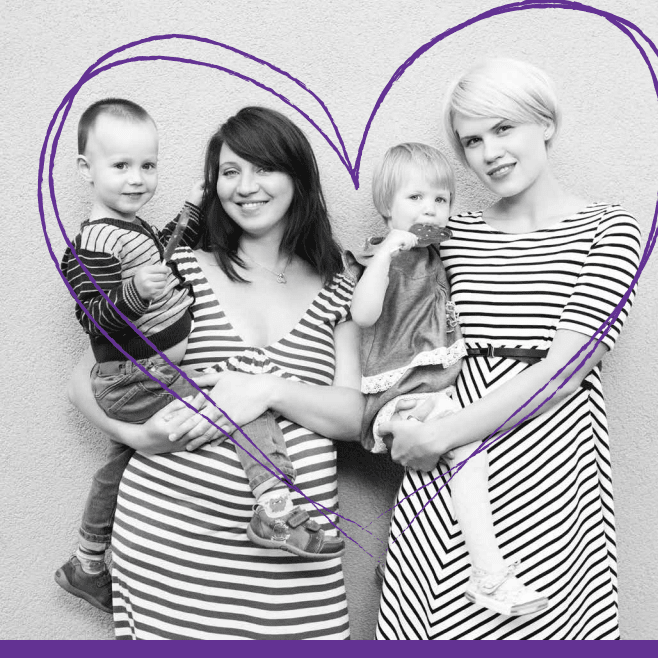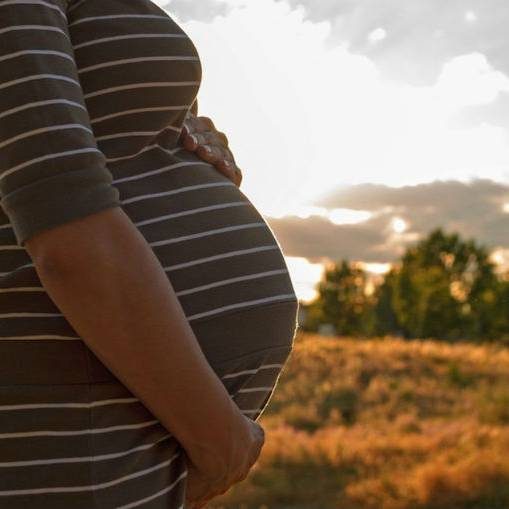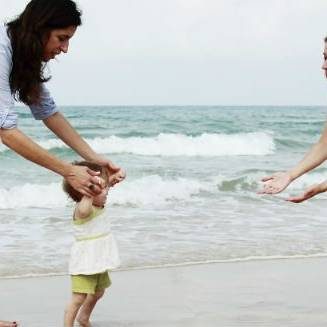Lesbians commonly think the only thing that is preventing them from falling pregnant is the access to sperm.\r\n
Being aware of what impacts your reproductive health is vital whether you are in a same-sex or heterosexual relationship.
Dr Anne Poliness, Fertility Specialist at Rainbow Fertility, said infertility issues can affect anyone and can be caused by a variety of factors including increasing maternal age, lifestyle, environmental factors and medical conditions.
“The good news is, there are treatments available if you are experiencing infertility problems. So if you have any reason to think that your fertility may be affected in some way, the sooner you seek treatment the greater the chance could be of successfully conceiving,” said Dr Poliness.
Dr Poliness said a female’s age is a significant factor and often the most important indicator of a female’s chance of conceiving. Once a female reaches the age of 35, her fertility begins to decline and your chance of getting pregnant decreases. There is also a significant increase in the risk of miscarriage and chromosomal (genetic) abnormalities. Basically, the younger you start the better chance you have.

Renninger, N. / plainpicture / Corbis
Several medical conditions can also cause female infertility issues; however, many of these are treatable. Therefore, the first and most important step is to try to determine the cause of the fertility issues.
“Some of the more common medical conditions affecting female fertility include polycystic ovarian syndrome (PCOS), endometriosis, fibroids, blocked fallopian tubes, premature menopause and other medical causes like thyroid disorders and genetic conditions,” said Dr Poliness.
Dr Poliness said, if you are choosing to use a known sperm donor, then sperm quality is also very important. For men, developing and transporting mature, healthy, functional sperm depends on a specific sequence of events occurring in the male reproductive tract.
“Many disturbances can occur along that path, preventing cells from maturing into sperm. Male infertility may be caused by damage to sperm production, obstruction, hormonal problems, health or genetic problems, lifestyle choices, functional issues.”
Finally, a healthy lifestyle is recommended prior to and during pregnancy. You may be surprised to learn that your diet, lifestyle and environment all have a profound bearing on your individual reproductive health and on the health of a baby.
“Put simply, preconception care involves making sure that there is an adequate supply of all factors essential to the health of sperm, eggs, fertilisation, a healthy pregnancy and delivery of a healthy baby.”
Here are some fertility fit tips from Rainbow Fertility that might help to boost your fertility and keep you healthy:
- maintain a healthy weight
- limit caffeine intake
- restrict alcohol intake
- stop smoking or any drug use
- reduce stress
- take folic acid (females only)
- check your medications/supplements
- check your immunisations
- have a general health screen
- reduce exposure to toxins.
For more information about the steps to becoming a parent go to www.rainbowfertility.com.au or call Rainbow Fertility’s advice centre for a confidential chat on 1300 222 623.
Rainbow Fertility has a responsibility to provide Assisted Reproductive Technology (ART) based on relevant state or federal laws and guidelines. All individuals/couples are encouraged to obtain their own legal advice regarding the relevant legislation applying to their circumstances.
Follow LOTL on Facebook and Twitter.





